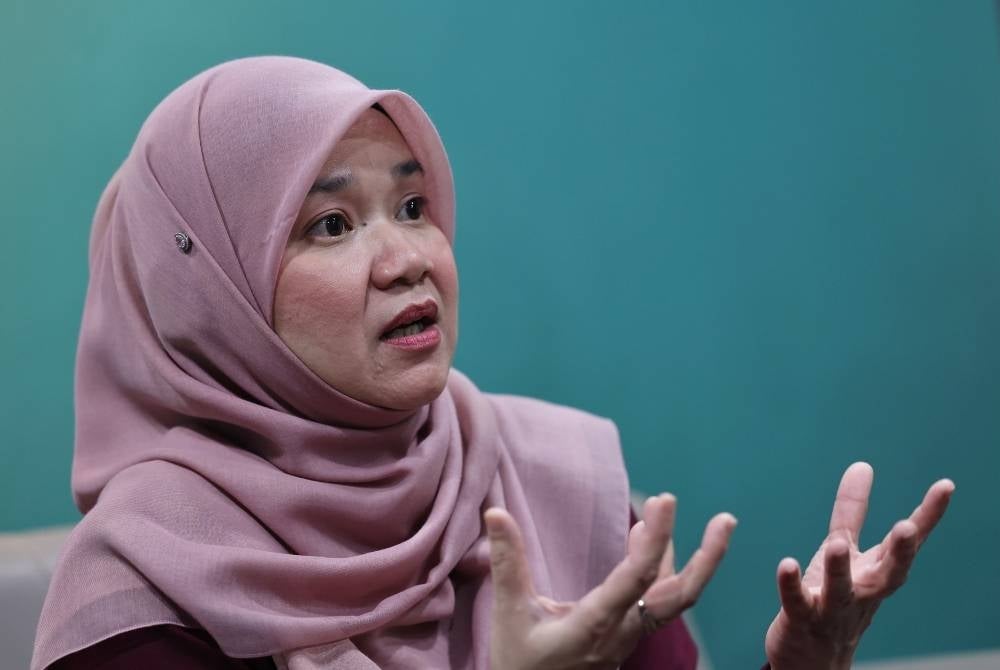Kedap enhanced to address dropout issues among orang asli children
31 Dec 2022 09:21am

Education Minister Fadhlina Sidek - BERNAMA
KUALA LUMPUR - The Ministry of Education (MOE) will strengthen the implementation of the Adult Class for Orang Asli and Penan Parents (KEDAP) initiative as a continuous effort to address the problem of dropouts among Orang Asli children.
Its minister, Fadhlina Sidek said the KEDAP programme has long been implemented by the ministry for Orang Asli parents to enable them to help with their children’s learning at home.
She said the initiative helped to improve mastery of the 3M skills, namely reading, writing and counting, among the community, especially students.
"The participation of parents through KEDAP is amazing, the class records full attendance. This situation will help reduce the gap in capability between the Orang Asli students and ordinary students.
"The implementation of the initiative will be further strengthened in terms of attracting more parents to participate in KEDAP classes," she told Bernama when appearing as a guest on Bernama TV Ruang Bicara programme, "New Dimensions of Malaysian Education," which is also broadcasted on the television.
The KEDAP initiative was introduced by MOE in 2008 with the aim of reducing the illiteracy rate among the Orang Asli and Penan communities in Malaysia.
Bernama, in a series of special reports, revealed that the problem of dropouts among the Orang Asli children is attributed to several factors, such as the poor living standards, the lack of educational infrastructure and logistics.
According to Fadhlina, education involving the Orang Asli has always been the focus of MoE before and after the pandemic and it is carried out continuously.
She said various intervention measures have been taken by the ministry so that the community would not be left out, including establishing a close working relationship with the Orang Asli Development Department (JAKOA) to manage the welfare of the Orang Asli community.
"The issue of improving infrastructure and learning facilities in Orang Asli schools and dilapidated schools in the country, especially in the interior of Sabah and Sarawak, is also the focus of the ministry ,” she said.
Meanwhile, in another development, Fadhlina said the names of the 15 members of the National Education Advisory Council (MPPK) is expected to be announced in the middle of next month.
She said the main focus of the MPPK is to examine the issue of the workload borne by teachers, including clerical duties, which has become a critical issue among educators in the country.
Apart from that, she said, the MPPK’s function is to contribute ideas and views to the ministry in formulating and improving the direction of the country's education.
"The issue of teachers being burdened with duties other than their actual duties, issues on their welfare are a priority for the ministry to address," she said.
Prior to this, Fadhlina announced that the MPPK had been reactivated as provided under the Education Act 1996 to contribute ideas and views in formulating and improving the direction of the country's education.
She said the membership in MPPK is made up of stakeholders in the field of education such as activists, teachers, former teachers and academicians.
- BERNAMA










